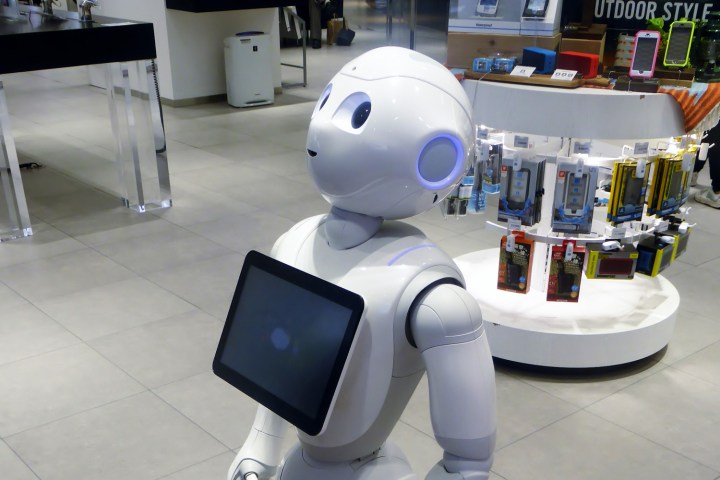
Perhaps one of the most damning studies in recent weeks about our future job security came in the form of a WEF study that suggested robots and AI systems would replace up to 5 million jobs by 2020. But still, Lashbrooke says, “there will always been a need for human engagement in businesses.” At the end of the day, the CEO notes, there are certain issues that can only be resolved with human finesse. After all, how often are you really 100 percent satisfied with the machine’s answers on a customer service line? “Ultimately, until artificial intelligence can engage as humans do, it will be hard to picture robots fully replacing humans in any industry,” Lashbrooke told me.
That being said, the Time etc founder does recognize that “there are absolutely occasions where robots are more efficient that humans are.” Machines, Lashbrooke notes, are often able to create a faster, safer work environment. From assembly lines to first-responder situations, there is certainly room for machines to help. “That said, humans are still involved in directing and operating this technology,” he continued. “There is still a very important place for human judgment and interaction in these industries.”
And the way in which humans do interact in situations where machines are also present will certainly become more important as robots become more prevalent. “I think we’ll begin to see a true blend between human and machine workload – with both working together more closely than ever before,” Lashbrooke says. “An early example of this is Facebook’s M project that pairs advanced AI with human oversight absolutely seamlessly — so well, in fact that it’s not possible for the end user to detect when they’re dealing with a human or AI robot.”
Ultimately, the CEO notes, the “goodness” of robots replacing humans in certain jobs isn’t a black-or-white normative call. In some situations, he says, “especially where human safety and efficiency is concerned,” we should embrace the rise of the machine. “However, there are many instances where the emotional, and well, human, aspect of interacting with a person rather than a machine will always outweigh a robot,” Lashbrooke believes. At least for now.
Editors' Recommendations
- SWAT team’s Spot robot shot multiple times during standoff
- Boston Dynamics uses ChatGPT to create a robot tour guide
- Apptronik’s new humanoid robot is a rival to the Tesla Bot
- Police robots put on permanent patrol at Singapore airport
- Boston Dynamics’ festive robot video has a surprise ending


